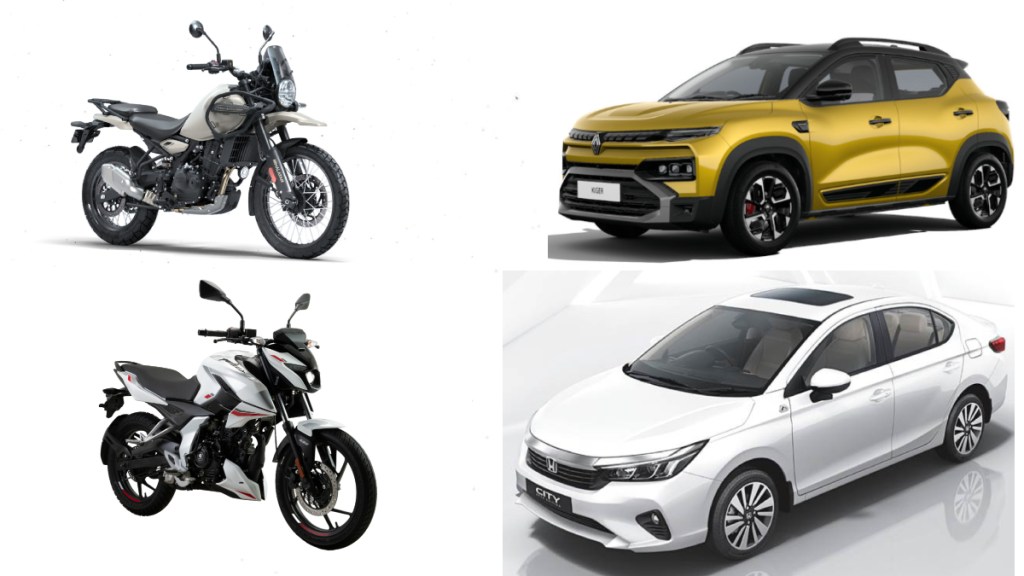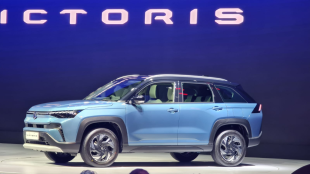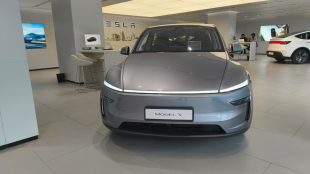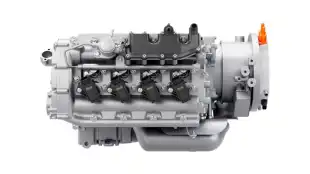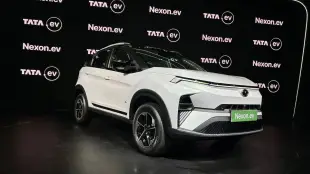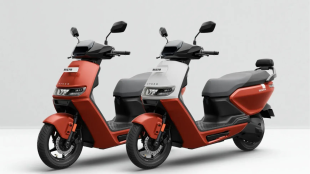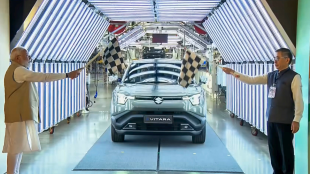The all-important Goods and Services Tax (GST) council has finally announced the new tax rates for consumer products and services including automobiles. As expected, the new tax rates are going to affect prices of vehicles in the near future, some positively and some negatively.
At the same time, the GST council has also made some changes to the compensation cess that will impact the overall cost of vehicles in the country. The new GST rates will come into effect from 22 September 2025, which also coincides with the first day of Navratri according to the Hindu calendar. Here’s a quick rundown of which vehicles will become more expensive and vehicles that will become lighter on the pockets.
New GST rates: Small cars GST reduced
The GST rate on small cars has come down. All petrol, diesel and hybrid cars that are below 4 metres in length and are equipped with smaller than 1,200cc petrol engines or below 1,500cc diesel engines will now attract only 18 percent GST as opposed to previously taxed at 28 percent, provided they fall within the current small car definition.
On the other hand, the GST on cars larger than 4 metre and equipped with larger than 1200cc petrol engines or 1500cc diesel engines have been raised from 28 percent to 40 percent. However, the council has removed the cess from all items and as a result, the resultant tax on all cars has gone down, which will lead to more affordable cars in the future, irrespective of size, fuel, or engine size.
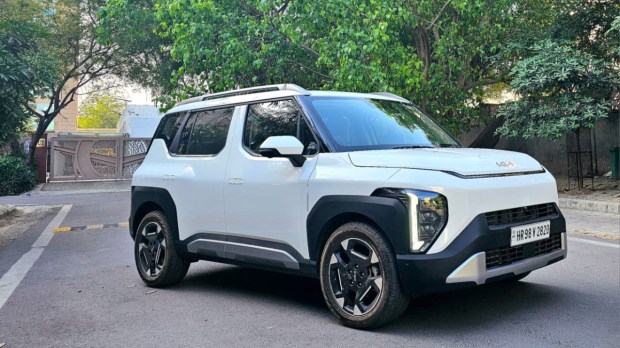
Similarly, luxury cars from brands like Mercedes-Benz, Audi, BMW, Jaguar Land Rover, and more previously attracted a 28 percent GST and 22 percent compensation cess which resulted in a total tax of 50%. After the latest GST update, all luxury cars will attract a flat 40% tax. Hence, the overall prices are set to come down.
Small cars below 4 metre in length powered by up to 1,200cc petrol engines or 1,500cc diesel engines will become 5-13 percent more affordable. Whereas mid-size and big cars longer than 4 metre and powered by engines larger 1200cc petrol and 150cc diesel will come more affordable by 3-10 percent.
New GST rates: Two-wheelers above 350cc become costlier
Two-wheelers including motorcycles and scooters with engine capacity below 350cc will see a tax drop from 28 percent to 18 percent. A drop of 10 percent means a motorcycle which cost Rs 1 lakh earlier will now cost around Rs 90,000 (both ex-showroom). On the other hand, motorcycles equipped with engines larger than 350cc will now attract a flat 40 percent GST as compared to the previous 28 percent GST and 3 percent cess, a hike of 9 percent.

This means a motorcycle with an engine larger than 350cc priced at Rs 2.00 lakh will now have a sticker price around Rs 2.18 lakh (both ex-showroom). This will also result in a higher road tax, forcing buyers to spend more on mid- and high-capacity motorcycles.
New GST rates: No change in EVs
Contrary to previous reports, the GST rate on electric vehicles (EVs) remains unchanged at 5 percent. Earlier reports suggested that GST on EVs will be hiked from 5 percent to 18 percent which isn’t the case. Since EVs didn’t attract any compensation cess in the past as well, the cost of EVs across all segments will remain unaffected.
